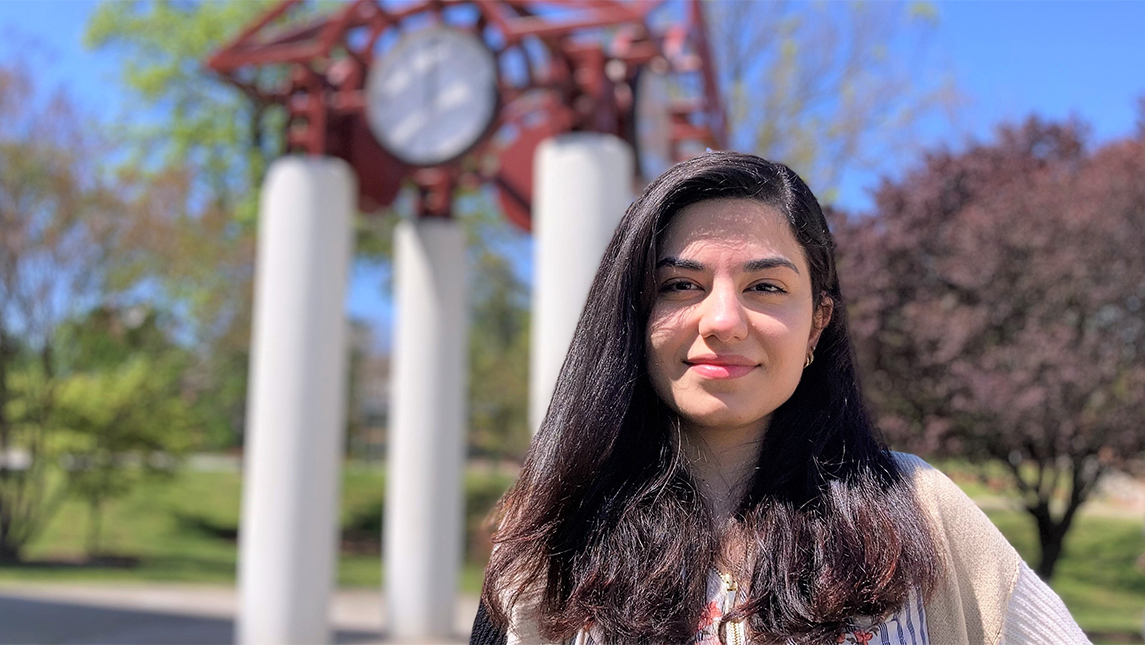
As April draws to a close, so, too, did the last hectic weeks, days, and hours of classes as UNCG students race headlong toward final exams.
It’s Stress Awareness Month indeed.
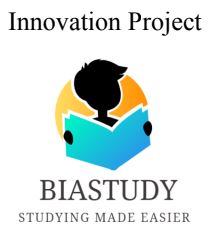
The stress of college life – made even more stressful by two years of adapting to the COVID-19 pandemic – gave purpose to an exceptional project done by a group of Bryan School of Business and Economics students.
Parisa Motee, Keion Frazier, and Samuel Keathly came up with a prototype website they called “Biastudy” in Dr. Cheryl Nakata’s Marketing 309 class, a required course for all business students.
“It’s a unique course,” Nakata said, “because it combines business communications and innovation together. They’re learning integrated subject matter. The students were put into teams and asked to develop a COVID-related innovation. It could be for any specific need by any demographic group to maintain safety, or make the virus less likely to infect people. The goal was to help people do regular activities with less difficulty.”
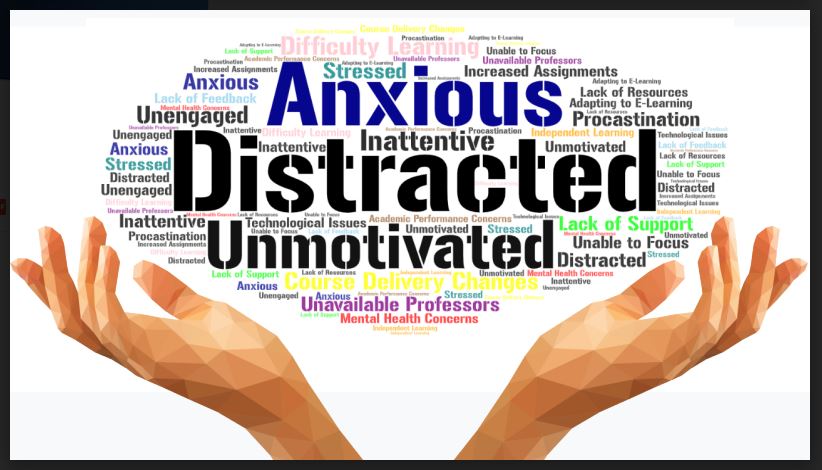
The Biastudy design was in three parts. Frazier, an accounting major, focused on academic performance. Keathly, a supply chain management major, took on lack of resources. And team leader Motee’s work on mental health set the prototype apart.
“COVID changed students’ daily lives,” Motee said. “The route we decided to take was to look at the struggles students were facing with their studies throughout the pandemic. We chose it because we could relate to it. We were living through it.”
Motee is a senior accounting major who will graduate in the coming days, and she plans to pursue her master’s degree in accounting from UNCG.
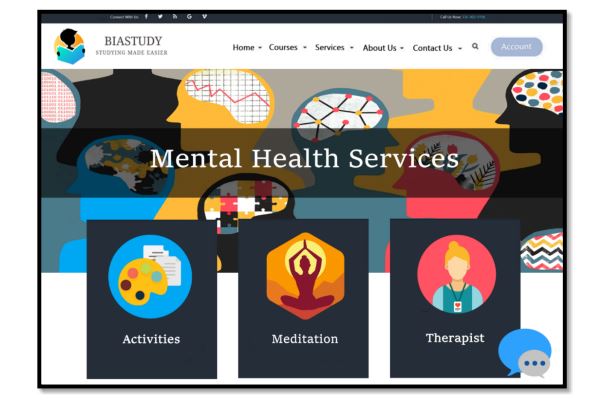
It’s the next challenge on the path to her career. She, and other seniors like her, have already overcome challenges wrought by the pandemic – challenges her team took aim at with the Biastudy innovation project.
“What we found out through our research was when classes first went online, students had to transition, and that took a toll,” Motee said. “A lot of the students we talked to were stressed. They couldn’t sleep. The extra workload of learning remotely was adding even more stress.
“I felt it, too. The transition to online learning was nothing I had experienced before. I had taken an online class in the summer before. But having four or five classes all go online at once in the middle of a semester was a difficult transition for students and professors both. It was hard for all of us.”
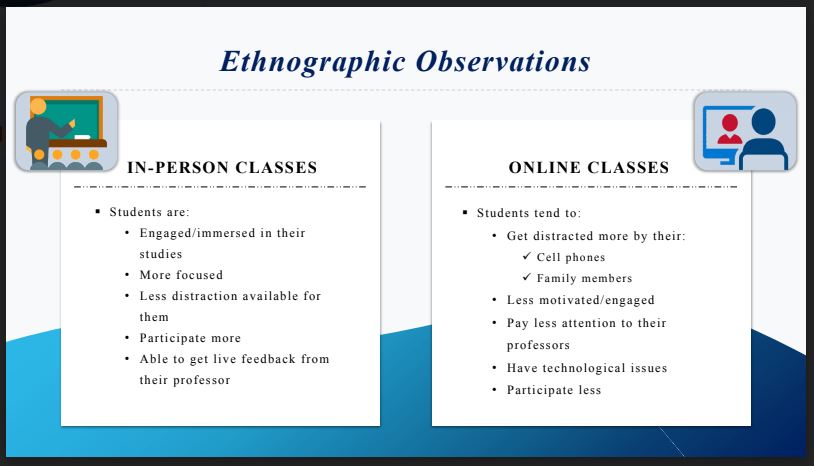
And that led to the most innovative component of the team’s 115-page Biastudy project, an educational website designed to provide students with access to online study tools as well as mental health services and resources.
The human element made a good idea into an exceptional idea.
“This was something I would’ve expected in a graduate class,” Nakata said. “It was so thoughtfully done, and the communications part was beautiful. I would put this work in among the top 5 percent of graduate work I’ve seen. It was that good.”
The Biastudy project took an entire semester to finish. And yet, Motee wishes she and her team had a little more time.
“If it could become a real innovation, an actual website that exists beyond a prototype, that would be awesome,” Motee said. “We talked about that as a team: ‘This could really help people.’ We were very pleased with our prototype. But if someone else wants to take the idea and run with it, I’d love that.”
Story and photo by Jeff Mills, University Communications


